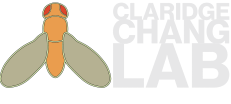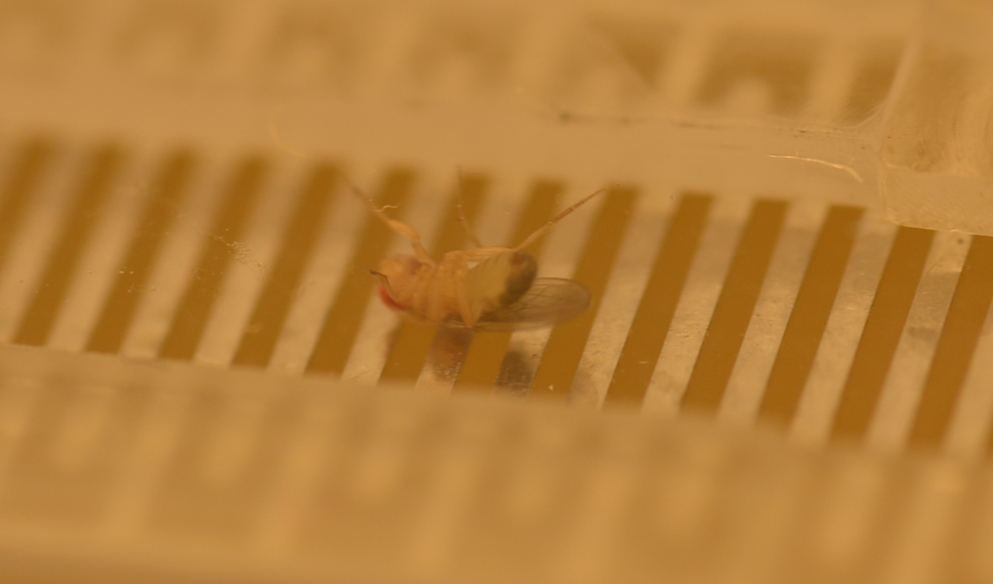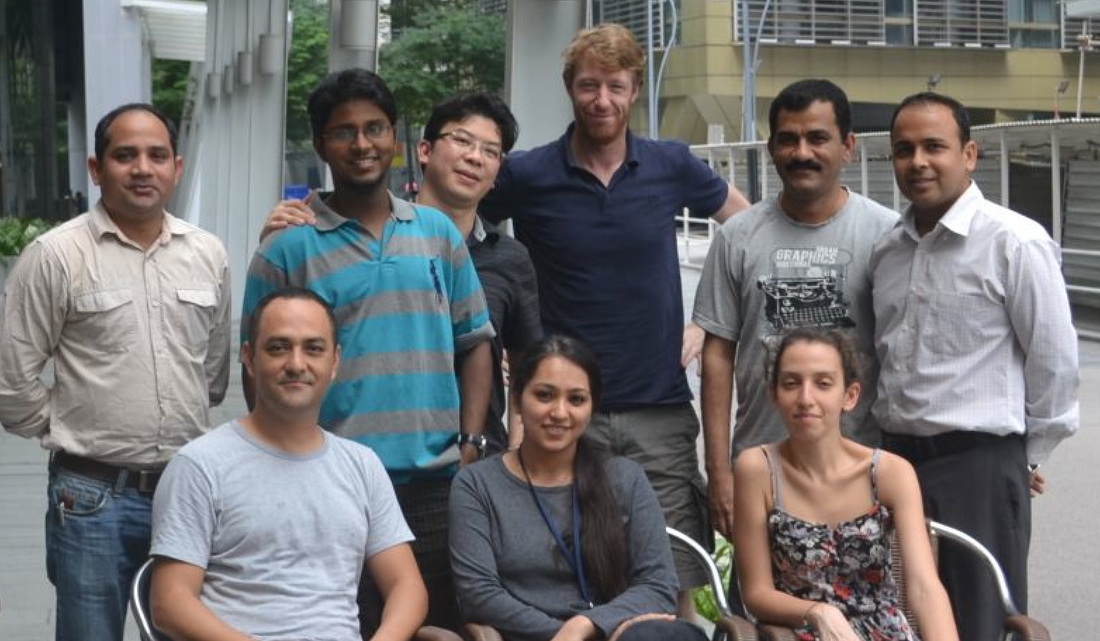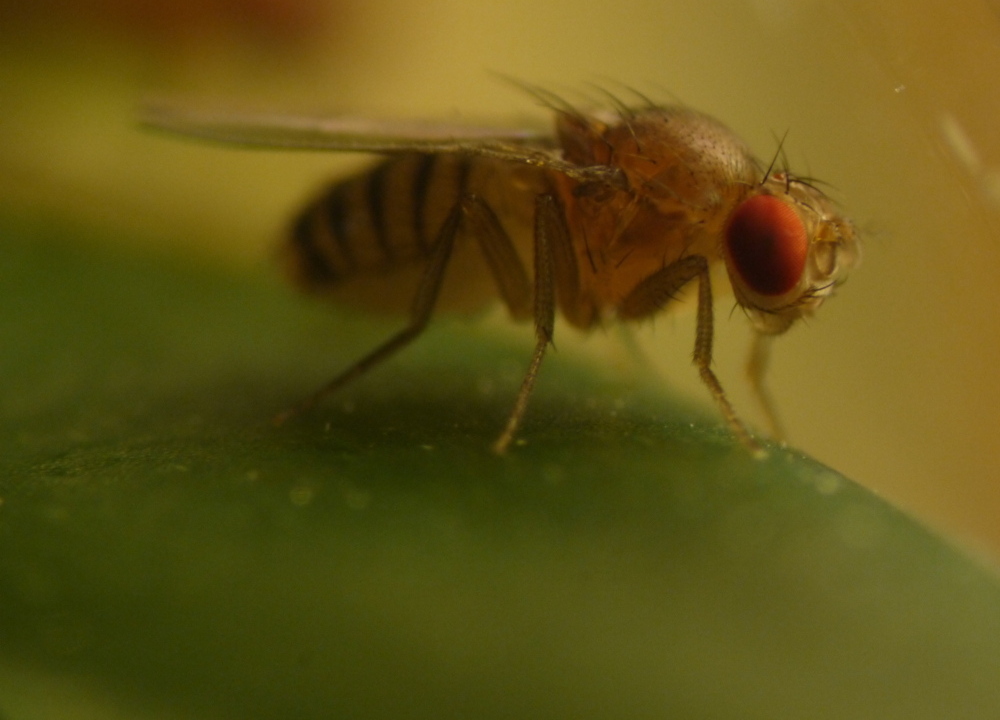|
WHAT
The mission of the lab is to develop and use neurogenetics methods to better understand basic brain functions that are disrupted in common mental disorders. The lab has technical expertise in genetics, behavior experiments, instrumentation development, neuroanatomy and related methods. We are particularly interested in aversive associative learning and related defense behaviors, including the role of conserved genes involved in these processes that will help us understand human brain function and dysfunction. |
|
WHERE
Since 2011 the lab has been in the Neuroscience and Behavioral Disorder Program at Duke-NUS Medical School. The lab is affiliated with in the Institute of Molecular and Cell Biology. From 2011 to 2013 the lab was part of the Neuroscience Research Partnership at A*STAR; from 2008–2010 the lab was at the Wellcome Trust Centre for Human Genetics, University of Oxford. |
|
WHO
We are an international group of scientists with experience in neurogenetics, molecular biology, sensory neuroscience and research engineering. More here. We collaborate with computer scientists, bioinformaticians, marine biologists, engineers, structural biologists, statisticians and other neuroscientists here in Singapore and abroad. If you are interested in joining us there is more information here. |
|
Why Drosophila?
For a century, the vinegar fly Drosophila melanogaster has been the dominant animal genetic system, having been used to elucidate the pathways involved in body formation (development). In the past 40 years, this fly has also emerged as an important experimental system for the study of brain and behavior. The small, genetically-tractable vinegar fly brain is helping scientists understand the 'mezzanine' problem of neuroscience: how the connectivity and activity patterns of neurons and circuits can generate behavior, including those from which fundamental cognitive and emotional processes emerge. |




